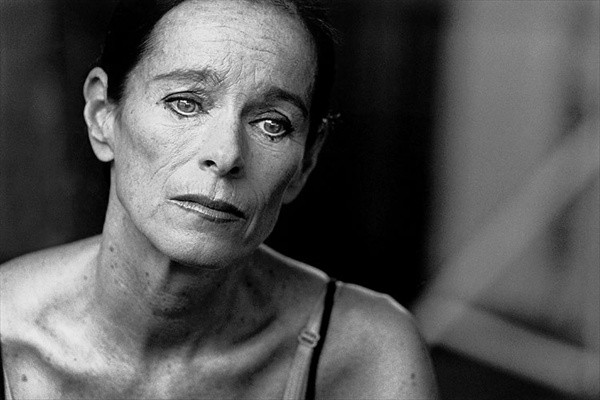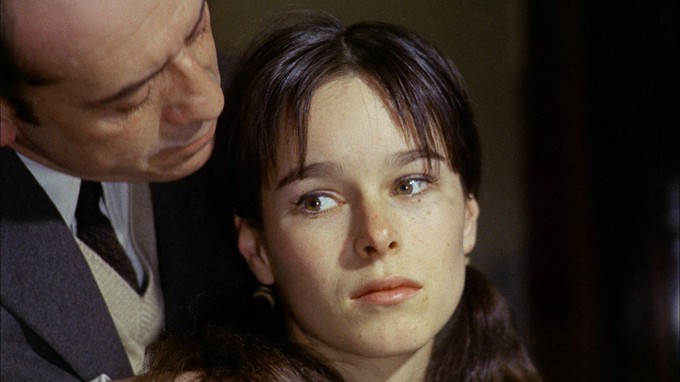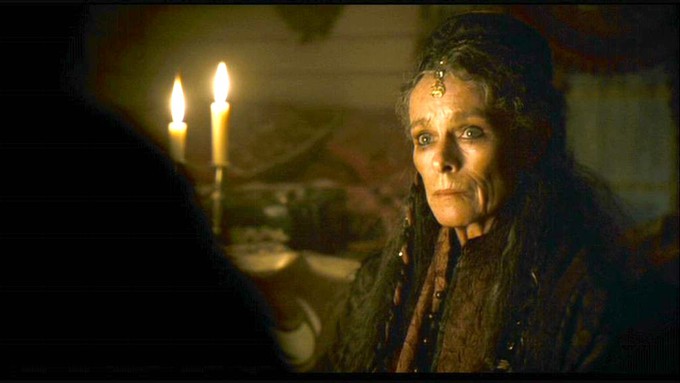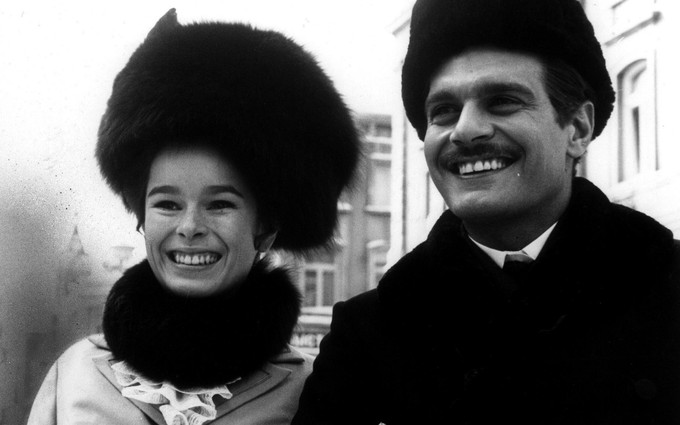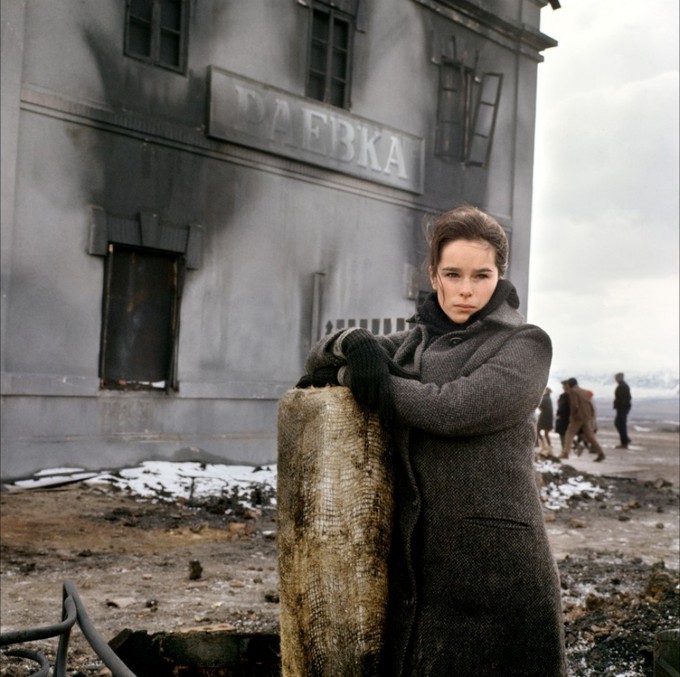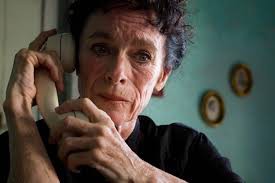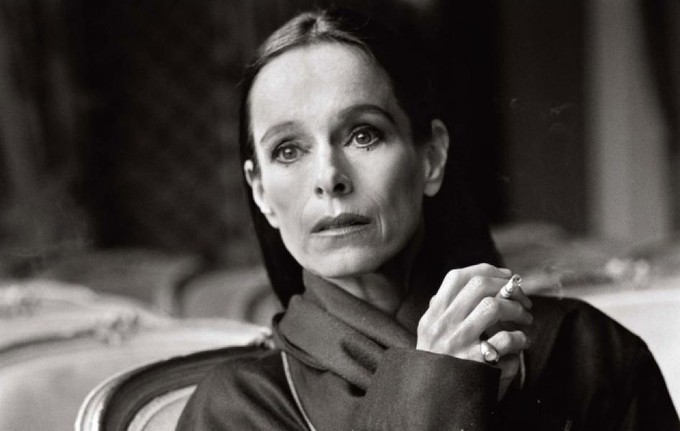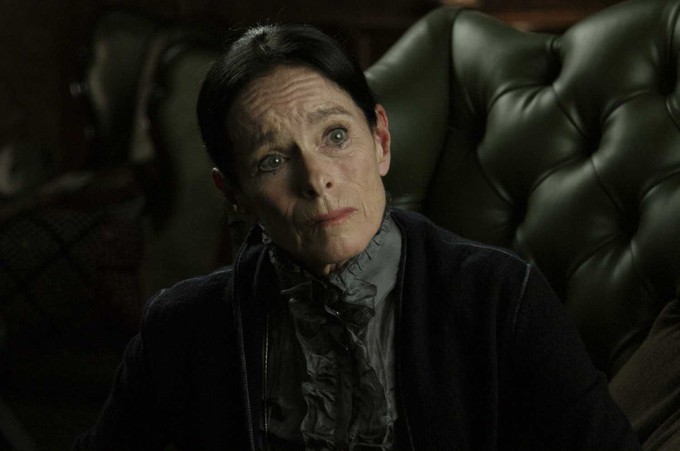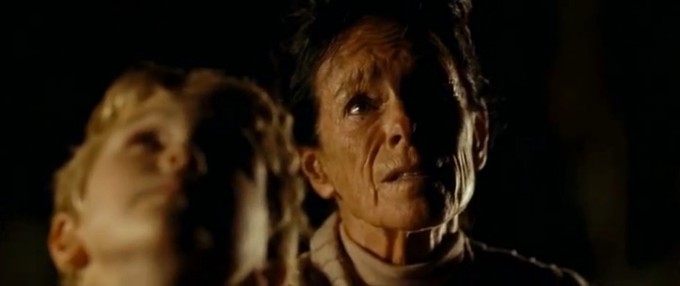Ain't It Cool News (www.aintitcool.com)
Movie News
AICN LEGENDS: Capone talks Lean, Altman, Rudolph, Lester, Bayona and, of course, Charlie, with actress Geraldine Chaplin!!!
Hey everyone. Capone in Chicago here.
Capone: You were still learning as an actor at that point. Were there any of your co-stars you watched just learn about acting?
Capone: Was he looking for you to get it right, or was he looking for variation from take to take?
Readers Talkback

